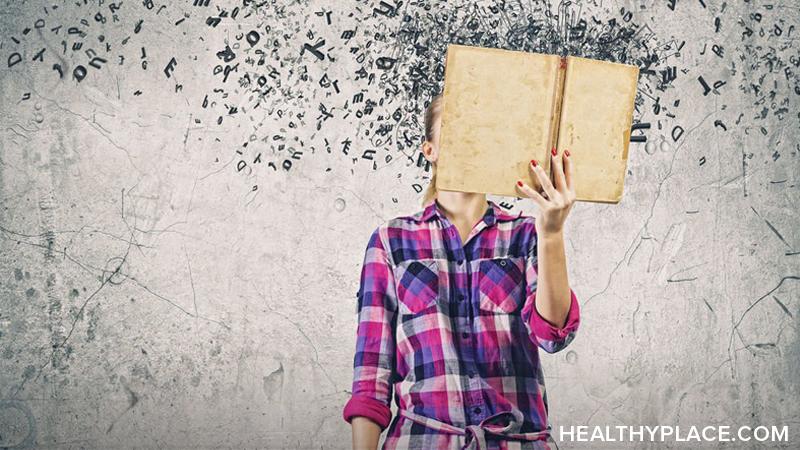How I'm Dealing with Social Anxiety

When dealing with social anxiety, I have often seen it associated with shyness or introversion. However, I do think there is a fundamental difference, primarily at the root of the anxiety.
When I was a child, I was painfully shy. I had a difficult time making friends, and I was usually quiet around other people. As I became older, I often felt uncomfortable in social situations, and I found that I preferred solitude to crowds and being around large groups of people.
I also often found that when I was around a lot of people, it was hard to focus and process my thoughts. Afterward, I would find that I felt exhausted and drained of energy, and I couldn't figure out why. I would also often ruminate about whatever the social situation was. I would feel that I could have done something differently or that I could have approached the situation in a certain way, even though nothing had gone wrong.
What Does Social Anxiety Look Like?
In my own experiences and from what I have seen when dealing with social anxiety, it is possible to be introverted and socially anxious, and it is also possible to appear outgoing and outspoken but also be socially anxious ("Extroverts Can Experience Social Anxiety, Too").
Throughout time, even though I am not as shy as I once was, I have found that I still often feel uncomfortable and nervous when dealing with social situations, even if it doesn't show on the outside. Sometimes I'll start sweating, my heart will beat faster, and I'll inexplicably begin shaking. It becomes uncomfortable to feel that way because I don't know why it's happening, and I usually don't think that I should feel so uneasy in those situations.
Tips for Dealing with Social Anxiety
I think it can be difficult to identify specific coping strategies for dealing with social anxiety because it can sometimes be mistaken for shyness or just a preference for being alone or around a minimal amount of people. But there are effective ways of coping.
- Identify anxiety triggers. The first step for effectively dealing with anxiety, in general, is recognizing triggers. Be aware of situations that trigger certain physical responses and lines of thinking that are unproductive. I've come to expect the discomfort I feel when I am in certain social situations. When you are aware of those triggers, you can prepare yourself, armed with the tools that you know are helpful for you.
- Confront distorted thought processes. For example, although I actually enjoy public speaking, throughout my experiences, I've gone through quite a bit of anxiety. Worry about what my audience will think of me, worry about appearing incompetent, and just general self-consciousness have gotten in the way of fully taking advantage of public-speaking opportunities. So I've taken to confronting those fears. I ask myself -- what is the worst that could happen? Why would I appear incompetent? Processing those thoughts logically helps to settle my fears and reframe distorted thinking into realistic -- and more positive -- thoughts.
- Focus on the moment, not the past or the future. When I worry, it is usually based on what I think could happen or what I have experienced in the past. But I have learned that if I purposely calm my physical symptoms -- such as taking deep breaths to slow my heart rate -- and focus all of my energy only on what is happening in a given moment, I can reduce the anxiety I experience. This helps me in many social situations, whether I am interacting with one person or speaking to a group of people.
Try these suggestions to help you deal with the social anxiety that you experience. Share your own strategies in the comments below.
APA Reference
Bermio-Gonzalez, R.
(2020, November 10). How I'm Dealing with Social Anxiety, HealthyPlace. Retrieved
on 2026, March 4 from https://www.healthyplace.com/blogs/treatinganxiety/2020/11/how-im-dealing-with-social-anxiety